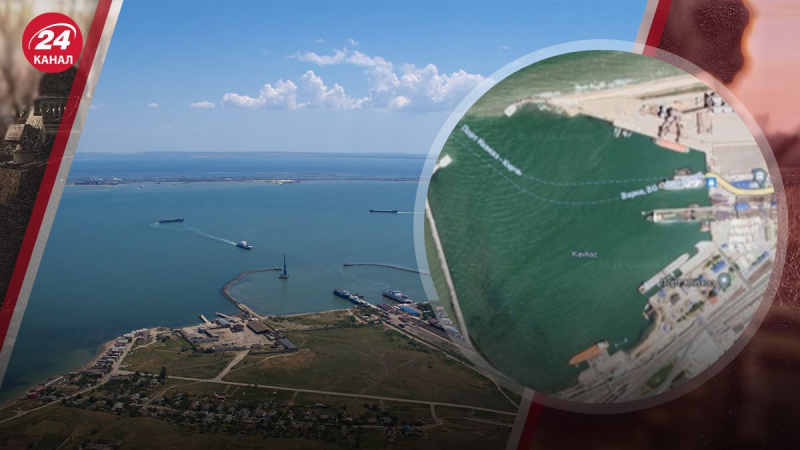An important element in logistics: how a strike on the port “Caucasus” reduces Russia's potential Angela Figin The Ukrainian Navy, together with other units of the Defense Forces, attacked the port “Caucasus”, which is located in Krasnodar region of Russia. As a result of the attack, the Russian ferry Slavyanin, which was used to transport military equipment and containers, was significantly damaged. An important logistics route is significantly interrupted for the Russian occupiers, given that the Kerch Bridge is also not operating at full capacity. On 24 Channel, the head of the Center for Military Legal Research, Alexander Musienko, assessed how the damage to the ferry reduces the potential for supporting Russian troops and conducting combat operations. As a military expert noted, just from the port “Caucasus” The Russians, using the ferry crossing, transported railway cars with explosive substances and weapons for their contingent in the occupied Crimea. Then Russian troops use these cars for transportation to the occupied Kherson region. Now the Russians are deprived of this opportunity, which leaves an imprint on logistics. This (the attack on the port “Caucasus” – Channel 24) is an important element in ways to destroy the military logistics of the invaders to Crimea. However, there are other routes that Russia uses,” Musienko noted. In his opinion, now the occupiers can begin to increase transportation across the Crimean Bridge, because they have already strengthened security, increased the number Air defense. Many who said that it may not be advisable to destroy the bridge now because it is not in use, then why waste missiles. However, as long as the enemy has such an object in stock, there is still the possibility of using it at the right time,” said the head of the Center for Military Legal Research. Besides, it’s still there are routes, for example, through occupied Melitopol. One of the riskiest logistics objects is military transport aviation.
How damage to the ferry will affect logistics
An important element in logistics: how the attack on the Kavkaz port reduces Russia’s potential
45

